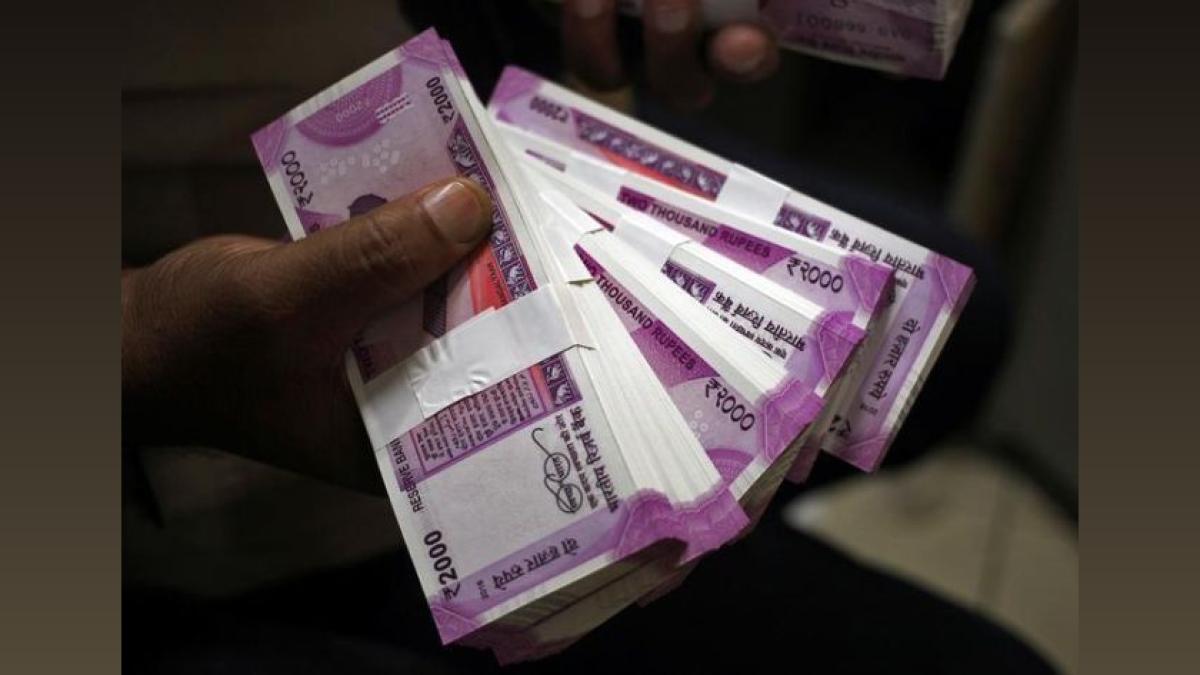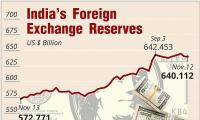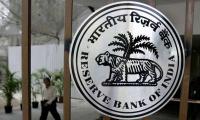RBI Proposes New Framework for Electronic Trading Platforms
The Reserve Bank of India proposes a revised framework for Electronic Trading Platforms (ETPs) in India, aiming to enhance market integration and safety.

Mumbai, Apr 29 (PTI) The Reserve Bank of India on Monday proposed a revised regulatory framework for Electronic Trading Platforms (ETPs) in the wake of increased integration of the onshore forex market with offshore markets.
Market makers too have been requesting the Reserve Bank to allow access to offshore ETPs offering Indian Rupee (INR) products.
ETP refers to any electronic system, other than a recognised stock exchange, on which transactions in eligible instruments are contracted. Eligible instruments mean securities, money market instruments, foreign exchange instruments, derivatives, or other instruments of like nature.
The 'Draft Master Direction Reserve Bank of India (Electronic Trading Platforms) Directions, 2024' said that an entity seeking authorisation as an ETP operator should maintain a minimum net-worth of Rs 5 crore and continue to maintain the minimum net-worth prescribed all times.
Also, the entity should be a company incorporated in India. Further, shareholding by non-residents, if any, in the entity seeking authorisation as an ETP operator should conform to all applicable laws and regulations, including the Foreign Exchange Management Act, 1999.
The entity will also have to maintain robust technology infrastructure with a high degree of reliability, availability, scalability and security in respect of its systems, data and network, appropriate to support its operations and manage the associated risks, the draft said.
In October 2018, the Reserve Bank had put in place a regulatory framework for ETPs for executing transactions in financial instruments regulated by it.
Under the framework, which aimed to ensure fair access through transparent, safe, and efficient trading processes, robust trading infrastructures and prevent market abuse, 13 ETPs operated by 5 operators have since been authorised.
In February, the RBI said that over the last few years, there has been an increased integration of the onshore forex market with offshore markets, notable developments in the technology landscape and an increase in product diversity.
In respect of eligible instruments, the draft said ETP operators authorised by/registered with the RBI should ensure that transactions only in instruments approved by the central bank are contracted on their platform.
No entity, resident or non-resident, can operate an ETP without obtaining prior authorisation of, or having registered with, the Reserve Bank, it added.
The RBI has invited comments on the draft directions from ETP operators, banks, market participants and other interested parties by May 31, 2024.
Market makers too have been requesting the Reserve Bank to allow access to offshore ETPs offering Indian Rupee (INR) products.
ETP refers to any electronic system, other than a recognised stock exchange, on which transactions in eligible instruments are contracted. Eligible instruments mean securities, money market instruments, foreign exchange instruments, derivatives, or other instruments of like nature.
The 'Draft Master Direction Reserve Bank of India (Electronic Trading Platforms) Directions, 2024' said that an entity seeking authorisation as an ETP operator should maintain a minimum net-worth of Rs 5 crore and continue to maintain the minimum net-worth prescribed all times.
Also, the entity should be a company incorporated in India. Further, shareholding by non-residents, if any, in the entity seeking authorisation as an ETP operator should conform to all applicable laws and regulations, including the Foreign Exchange Management Act, 1999.
The entity will also have to maintain robust technology infrastructure with a high degree of reliability, availability, scalability and security in respect of its systems, data and network, appropriate to support its operations and manage the associated risks, the draft said.
In October 2018, the Reserve Bank had put in place a regulatory framework for ETPs for executing transactions in financial instruments regulated by it.
Under the framework, which aimed to ensure fair access through transparent, safe, and efficient trading processes, robust trading infrastructures and prevent market abuse, 13 ETPs operated by 5 operators have since been authorised.
In February, the RBI said that over the last few years, there has been an increased integration of the onshore forex market with offshore markets, notable developments in the technology landscape and an increase in product diversity.
In respect of eligible instruments, the draft said ETP operators authorised by/registered with the RBI should ensure that transactions only in instruments approved by the central bank are contracted on their platform.
No entity, resident or non-resident, can operate an ETP without obtaining prior authorisation of, or having registered with, the Reserve Bank, it added.
The RBI has invited comments on the draft directions from ETP operators, banks, market participants and other interested parties by May 31, 2024.
You May Like To Read
TODAY'S MOST TRADED COMPANIES
- Company Name
- Price
- Volume
- Vodafone-Idea-L
- 11.65 (+ 3.56)
- 106772451
- Alstone-Textiles
- 0.28 ( -3.45)
- 44187760
- Mangalam-Industrial
- 0.88 ( -2.22)
- 39177573
- Sunshine-Capital
- 0.27 (+ 3.85)
- 35956340
- GMR-Airports
- 104.40 (+ 6.37)
- 30453005





